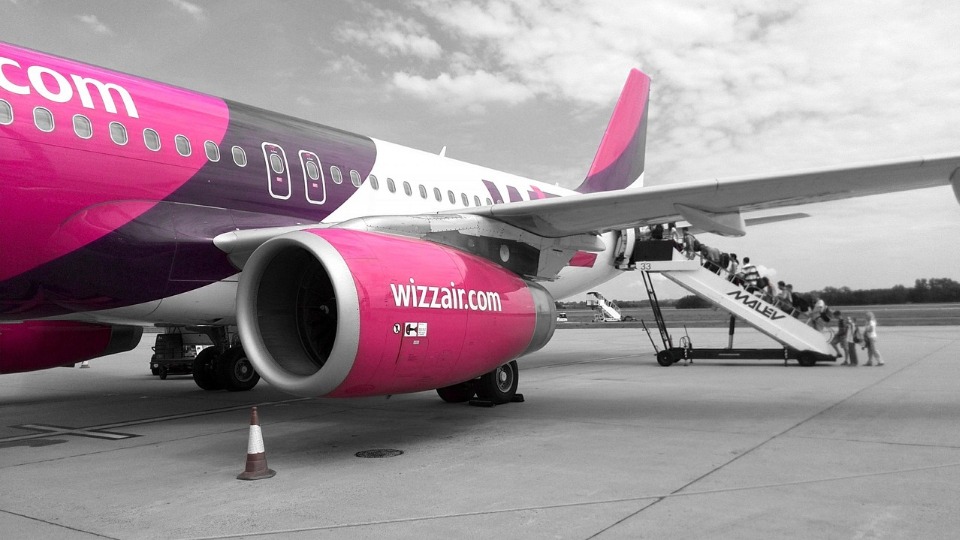
Immigration Rules In Germany To Ease Relocation Of International Employees

The country's immigration legislation will be overhauled in three phases beginning in November.
A new amendment that would make it simpler for proficient people to relocate to Germany from outside the EU is set to be introduced in November. The bill was officially passed by the German government in July of this year. There will be three phases of implementation beginning in November 2023, March 2024, and June 2024.
The purpose of the new legislation is to address labour shortages in the nation by encouraging the immigration of qualified foreign employees. Plans to update immigration laws are likely to reduce barriers for foreigners seeking employment in Germany, potentially adding 60,000 non-EU individuals to the country's workforce.
Vocational and other non-academic training will be given more emphasis under the revised Skilled Immigration Act. Regulations for those who have completed post-secondary education in a relevant field will also be loosened.
The Institute for Employment Research (IAB) reported 1.74 million job openings in Germany in 2022, marking an all-time record for the country's labour shortfall. The majority of businesses experienced employee shortages in July of last year, according to a poll conducted by the IFO research institute in Munich.
In order to address this void, officials plan to recruit skilled workers from countries outside the European Union. However, bureaucratic hoops are presently hampering the country's immigration system. According to the government, the country needs to reduce red tape, digitize processes, and increase productivity.
To run a smoother process, Germany is introducing a new "opportunity card" in an effort to address the country's skilled labour deficit. Workers with the necessary abilities will be able to enter Germany more easily thanks to the 'chancenkarte,' which uses a points-based system.
Workers without contracts in Germany are the focus of this initiative, which is part of a plan suggested by Labour Minister Hubertus Heil to alleviate the country's labour shortages.
Qualifications, work experience, age, German language abilities, and links to Germany (such as family) will all be included into the points system. Quotas will be adjusted annually based on the needs of various sectors.
Visa-free entry to Germany is already available for nationals of select visa-exempt countries, who may stay for up to 90 days but cannot work there permanently.
The opportunity card will make it possible for foreign nationals to travel to the country and apply for jobs or apprenticeships once they arrive. Applicants must show they have sufficient funds to cover their immediate needs until they get assistance.
Those who meet the requirements, such as those holding a degree or occupational certificate, will be permitted to remain inside the German borders for one year while they look for work. Those who already have a job offer and a legitimate degree will also be given more leeway. Workers will be able to bring their families to Germany more easily, the required salary will be decreased, and permanent residence will be less difficult to get.
Craftspeople, electrical engineers, information technology experts, caregivers, nurses, and hospitality workers are all in high demand in Germany. The hospitality and events sectors have taken the most impact, according to an IFO poll.
This is followed by the transportation and storage of goods, the provision of services, and manufacturing, including the production of food, data processing equipment, machinery, and metals. Staff shortages have also been reported by a wide range of industries, including retail, construction, and wholesale trade. The government website also lists doctors and scientists as in-demand professions.
The specifics of the plan have not yet been finalized. At the earliest, the chancenkarte won't be issued until the end of 2023.
Source: euronews.com








